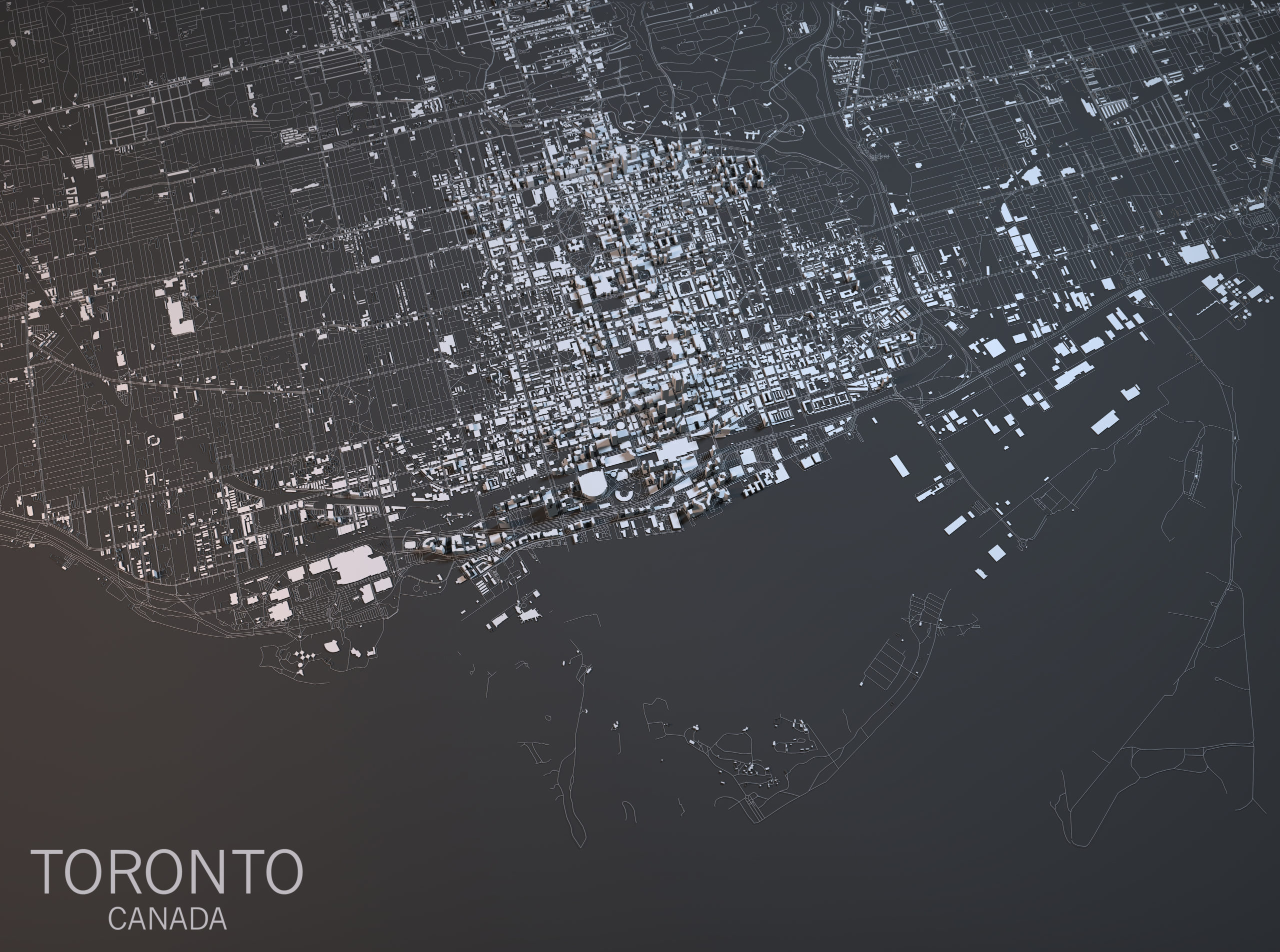New Study Reveals State-by-State Safety Benchmarks: Altitude by Geotab Presents Insights at TRB 2025
Learn about Geotab ITS’ rebrand to Altitude by Geotab and view our Digital Privacy white paper.

A vital part of building smarter transportation networks is the education and training of the future transportation workforce as well as conducting adequate research to advance the field. That’s exactly the role that University Transportation Centers (UTCs) play.
Established in 1987, UTCs receive grant funds from the U.S. Department of Transportation (USDOT) and are at the forefront of bettering traffic networks across the country. Their success has garnered more attention under the current federal government administration with President Biden announcing a new significant level of funding to UTCs as part of the Bipartisan Infrastructure Bill.
Running from 2022 through 2026, the USDOT has opened up $450 million in funding for up to 35 UTC awards. Breaking it down by topic of research, UTCs must propose a focus area from among the legislation’s stated research priorities:
“DOT’s multimodal UTC program is the bedrock of our innovative, transformative and cohesive transportation future,” said Dr. Robert C. Hampshire, Deputy Assistant Secretary for Research and Technology. “These investments will lead to cutting edge transportation research, train a diverse next generation of transportation professionals, and ultimately help the American people get to where they need to go much more quickly and affordably.”
Only U.S. non-profit institutions of higher education are eligible to apply or to be members of a proposed UTC consortium. The competition for funding is now open and applications are due by Aug 25, 2022. Click here for more information.
UTCs are now tasked with finding ways to address these research priorities and discover new innovative mobility solutions. The research focus areas have lofty goals considering their implications across the movement of both people and goods across the U.S. And to make the most impact, the research has to be based on comprehensive data.
Take for example the project focus to reduce congestion. This could potentially mean looking at inner city congestion resulting from an influx in commercial truck deliveries to residential neighborhoods; highway congestion due to older infrastructure; or even general congestion caused by a lack of public transportation. All of these scenarios represent a major opportunity for improvement but in order to tackle these congestion issues, UTCs will require access to accurate data and deeper insights for this level of analysis.
How can a UTC recommend change without a clear understanding of what is currently causing the rise in congestion? This is where Altitude by Geotab data from our Altitude platform can play a helpful role in providing a deeper level of understanding into these situations.
Altitude data insights dive into root causes of congestion and also can provide an extra layer of insight into the types of vehicles involved in the issue and their purpose for being on the road to help uncover why these levels of congestion are happening in the first place.
In fact, we’ve worked with a few universities and research hubs already to tackle these very issues.
Insightful transportation analytics have become a necessity for UTCs that are putting forward actionable growth and development plans that will serve as building blocks for the traffic networks of our future. Altitude by Geotab is helping to contribute to these plans in a variety of ways.
To help illuminate some of the impacts that COVID-19 had on traffic congestion in the Greater Toronto and Hamilton areas, Altitude by Geotab partnered with the world-renowned University of Toronto Transportation Research Institute (UTTRI) in a research project.
Looking at the patterns of commercial vehicles in the regions over different time spans helped UTTRI pinpoint that the rise in online shopping directly resulted in a spike of commercial vehicles transiting in the area. The impact of these changes was further investigated by analyzing the origins and destinations of those commercial vehicles, a unique attribute of Altitude data. Freight operators changed their routes during the pandemic to lower costs and try to find more direct trips to end customers. With Altitude data, UTTRI was able to dive deeper into the root causes of the increased congestion due to alternative routes.

The contribution of data and expertise from Altitude by Geotab has allowed the CLUE research team to find new ways to investigate supply chain resiliency and sustainability of commercial travel. We have been able to conduct novel analysis of COVID-19 on truck travel patterns during the most challenging part of the pandemic, we are testing new onboard sensors for tracking air quality from onboard sensors, and we are able to test the real-world performance of sustainable urban delivery modes such as electric cargo bikes. This collaboration is providing excellent training opportunities for our graduate students and is helping to keep our research program at the cutting edge of technology.
Dr. Matthew Roorda, Principal Investigator and Professor in the Department of Civil and Mineral Engineering, University of Toronto.
Extending Altitude by Geotab’s partnership with UTTRI, we’re now collaborating on a number of projects in a new initiative that brings together the private sector, public sector, and multiple universities funded by the National Sciences and Engineering Research Council of Canada (NSERC), namely City Logistics for the Urban Economy (CLUE). These projects are investigating a number of traffic and mobility issues and Altitude data will play a key role in examining freight flows, bottlenecks, safety and fuel efficiency as well as supply chain performance.
Given the industry expertise and data acumen that Altitude by Geotab brings to the table, we also help to bridge the gap between industry and academia through involvement in UTTRI’s Smart Freight Centre Scientific Advisory Council which was launched in 2019 to improve the economic vibrancy of business, environmental sustainability, and quality of life for residents of the Greater Toronto and Hamilton Area.
E-commerce continues to drive economies in both the U.S. and Canada and so the demand on our transportation networks for commercial vehicles is growing by the minute. These UTC projects help to assess the trends and find ways to reduce their impacts.
For more information on how Altitude can play a key role in your UTC projects or to book a demo, contact us at altitude@geotab.com or use this form to connect with one of our data experts.